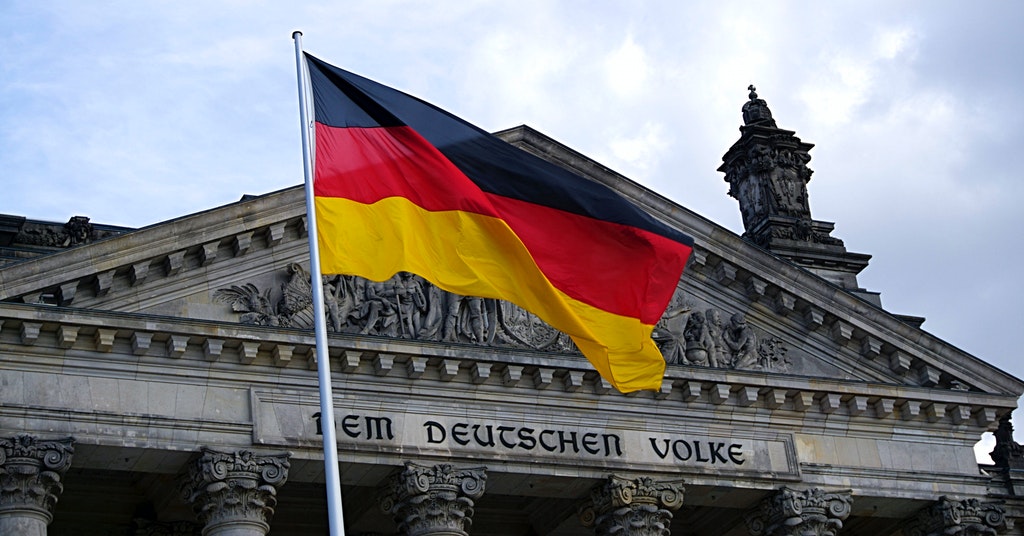
Since war in Ukraine started, Germany faced e-commerce losses. Source: pexels.com
According to Ecommerce News, online fashion sales in Germany fell 9%, since the war in Ukraine started. Online interior design purchases, which is known as a stable category, also slowed down. Overall, though, e-commerce sales grew 8% in the Q1.
Bevh, the German federal association for e-commerce, has revealed some of the most important conclusions from new quarterly numbers. Although online sales as a whole grew more than 8%, different segments have experienced stagnation since the Russia-Ukraine war started on February 24th. The dip in online sales can also be the result of a post-pandemic shift in purchase behaviour.
At the same time, German consumers appear to be more hesitant. From January until late February, online sales in clothes and shoes increased 10% compared to the same quarter last year. Nevertheless, since the start of the war, fashion sales declined as much as 8,6%.
A similar decline can be seen in the home and interior segment, a category that is known to be quite stable. Before the war sales were up 14%. But at the end of the quarter, purchases flattened to a mere 0,3% increase – hardly more than the same period last year.
Interestingly, online retail of medicine has increased dramatically during the same period. The surge in medicine sales started during the pandemic, but since late February, purchases grew a whopping 40%. In addition, sales for travel and events were up almost two thirds (64%) in the first three months of 2022. Still, this does not make up half of the revenue in Q1 2020.
We’ve reported that Yapily will acquire finAPI, creating Europe’s leading open banking platform.
SEE ALSO:









